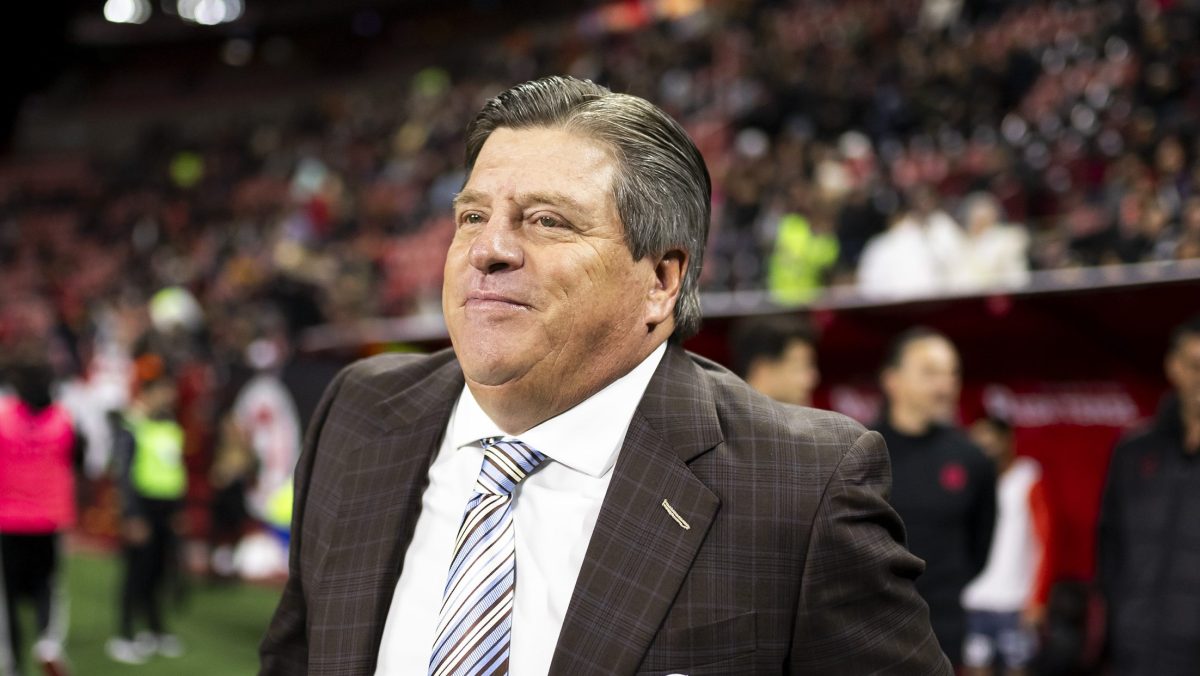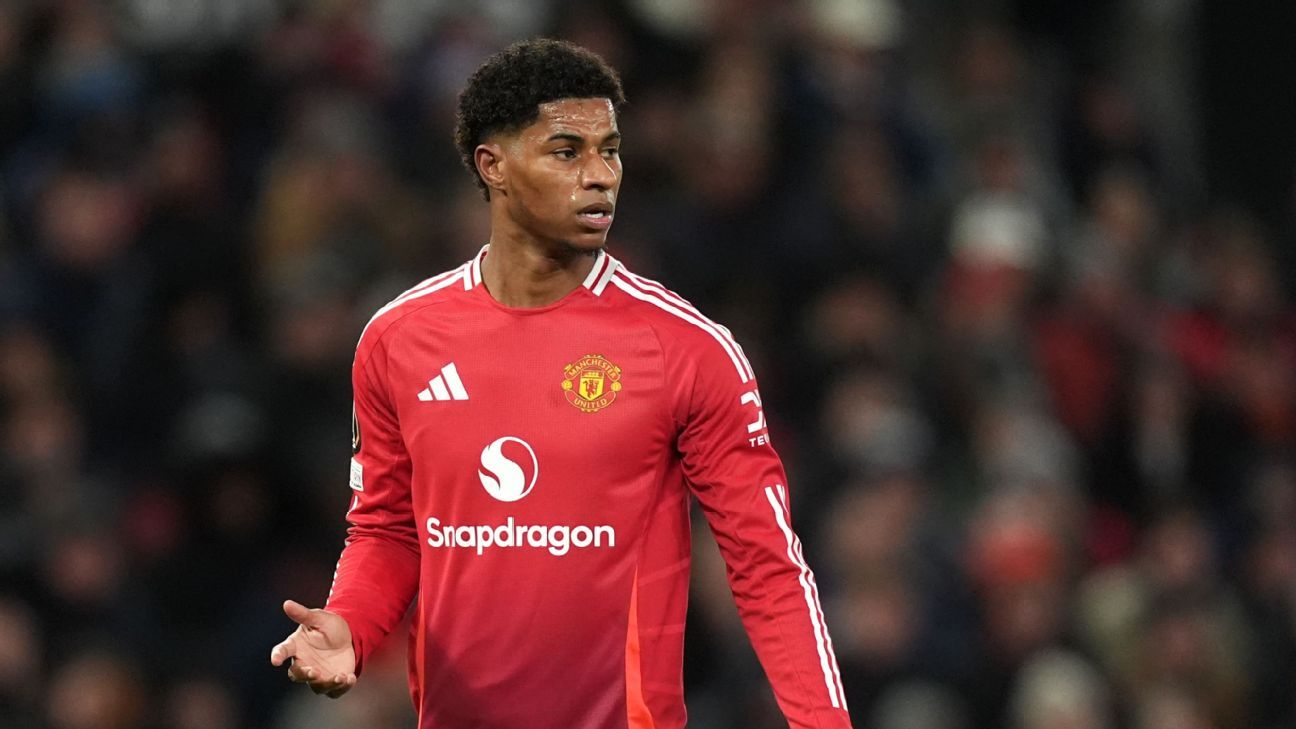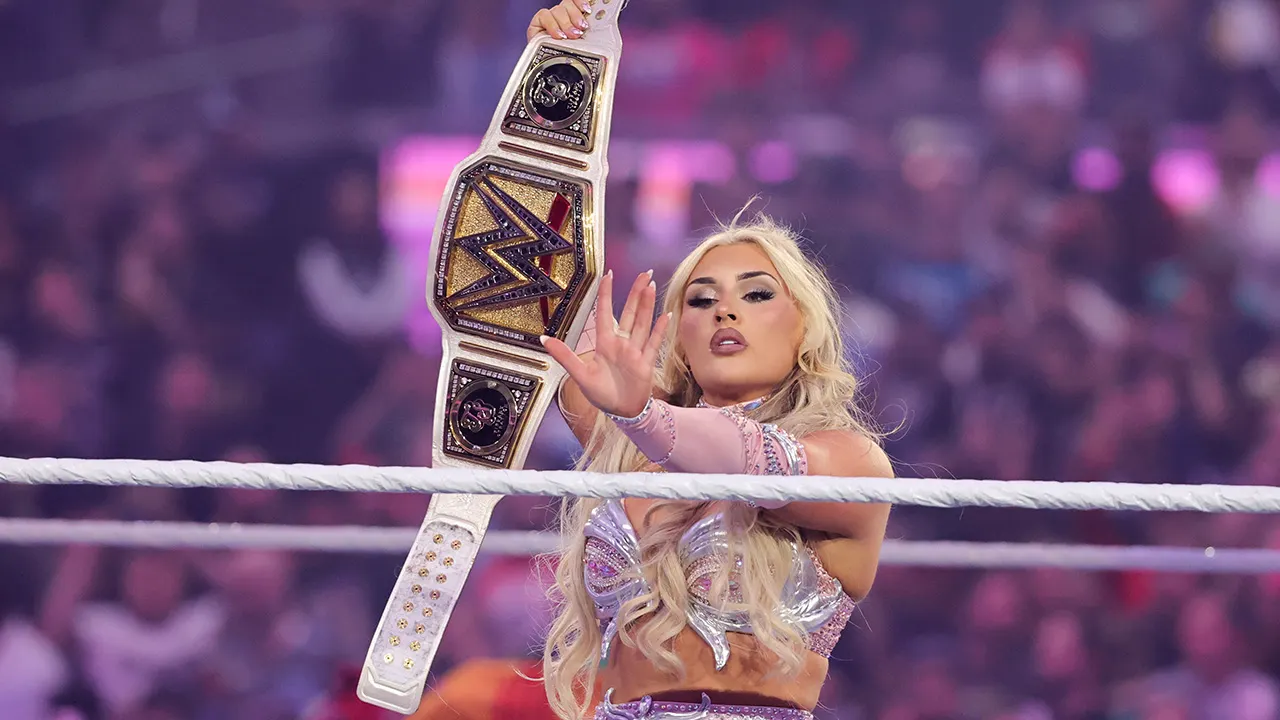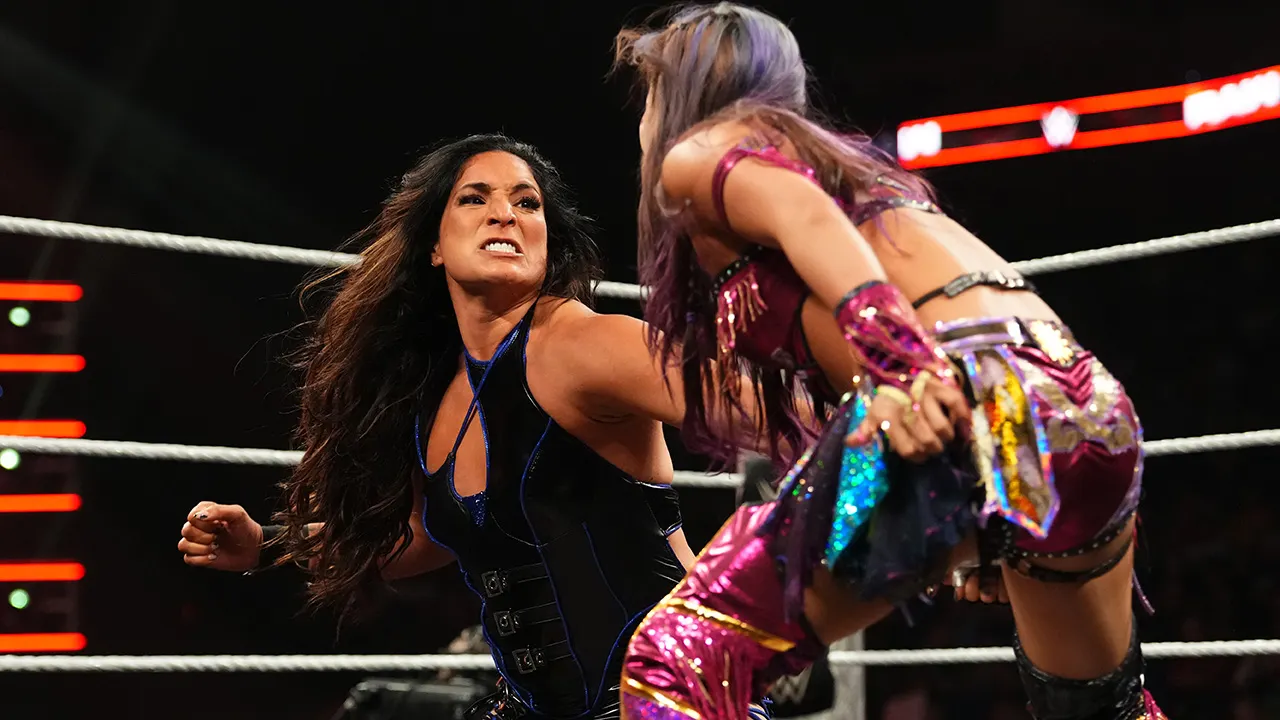Miguel Herrera Sparks Debate Over Multi-Ownership in Mexican Football
Renowned Mexican football coach Miguel Herrera has ignited a national conversation by advocating for multi-ownership models in Liga MX. The outspoken strategist, speaking at a Guadalajara sports conference this week, argued that shared ownership could revitalize Mexican football by increasing investment and competitiveness. His controversial proposal comes as Liga MX faces scrutiny over financial disparities and stagnant growth compared to other major leagues.
The Case for Shared Club Ownership
Herrera, who has coached teams like Club América and Tigres UANL, believes multi-ownership could solve several systemic issues. “The current single-entity structure limits opportunities,” Herrera stated. “When wealthy individuals or corporations can invest across multiple clubs, we create a rising tide that lifts all boats.” His proposal mirrors successful models in other industries where shared ownership has driven innovation.
Supporters point to key potential benefits:
- Increased investment: More owners could mean larger capital injections
- Talent development: Shared resources for youth academies and facilities
- Competitive balance: Reduced dominance by a few wealthy clubs
Sports economist Dr. Elena Montoya of Universidad Nacional Autónoma de México notes: “Data from European football shows diversified ownership correlates with 23% higher club valuations over five years. However, the Mexican context presents unique challenges.”
Potential Pitfalls and Opposition
Critics warn multi-ownership could create conflicts of interest and unfair advantages. Former Liga MX commissioner Enrique Bonilla argues, “Imagine one owner controlling two clubs – would they field competitive lineups when those teams meet? The integrity of competition could be compromised.”
Historical precedents raise concerns:
- The 2018 Chivas-Veracruz controversy over player loans
- MLS’s single-entity structure limiting Mexican player development
- Premier League’s financial dominance creating unequal competition
Player union representative Jorge Sánchez adds: “We’ve seen how multi-club ownership groups prioritize some teams over others. Our priority must be protecting players’ careers and fair opportunities.”
How Multi-Ownership Could Transform Liga MX
Herrera’s vision extends beyond simple investment. He envisions a network where clubs share:
- Scouting resources across North and South America
- Sports science and medical facilities
- Commercial partnerships and sponsorship opportunities
Current Liga MX financial data shows troubling disparities:
- Top 3 clubs control 42% of league revenue
- Only 5 clubs operate academies meeting FIFA standards
- Player wages vary by 600% between top and bottom clubs
Global Precedents and Mexican Adaptations
While multi-club ownership grows globally (with 180+ clubs now under group ownership worldwide), Mexico’s unique football culture requires careful adaptation. The City Football Group model, owning clubs across five continents, demonstrates both successes and challenges.
Sports lawyer María Fernández explains: “Mexican law currently prohibits cross-ownership, but regulatory frameworks evolve. Any changes would need strict conflict-of-interest provisions and transparency requirements.” Potential safeguards could include:
- Independent oversight committees
- Revenue-sharing mechanisms
- Performance-based investment requirements
The Road Ahead for Mexican Football Reform
Herrera’s proposal arrives during a pivotal moment for Mexican football. With the 2026 World Cup approaching and Liga MX struggling internationally (winning just 2 of 12 recent CONCACAF Champions League finals), pressure for reform mounts.
Key stakeholders are already responding:
- The Mexican Football Federation announced a working group to study ownership models
- Several club owners expressed cautious interest in exploratory discussions
- Player associations requested guaranteed representation in any reform process
As debates intensify, Herrera remains optimistic: “Change is never easy, but status quo thinking won’t elevate Mexican football. We must explore every option to compete globally while preserving our football’s soul.”
What Comes Next in the Ownership Debate?
The coming months will likely see:
- Formal proposals submitted to Liga MX governance committees
- Public forums with fans and community stakeholders
- Pilot programs for limited resource-sharing between clubs
With the 2024-25 season approaching, this discussion could reshape Mexican football’s future. As Dr. Montoya concludes: “The critical question isn’t just about ownership structures, but how any changes serve players, fans, and long-term development. Get that right, and Mexico could create a model for football nations worldwide.”
For deeper analysis on football governance models, subscribe to our weekly sports policy newsletter featuring exclusive interviews with league officials and financial experts.
See more Sky News Portal



